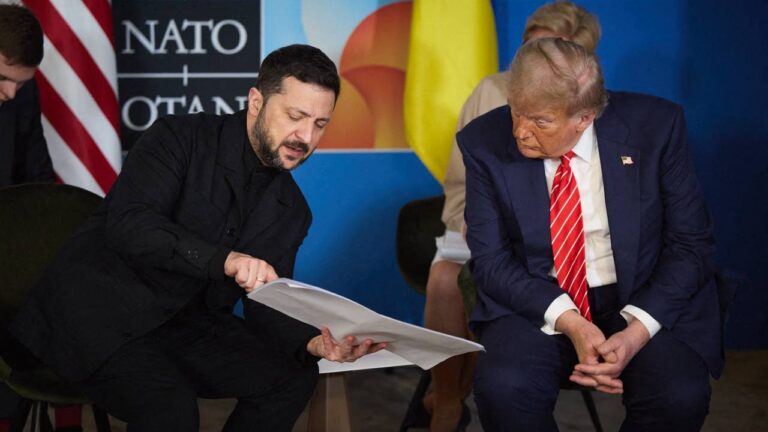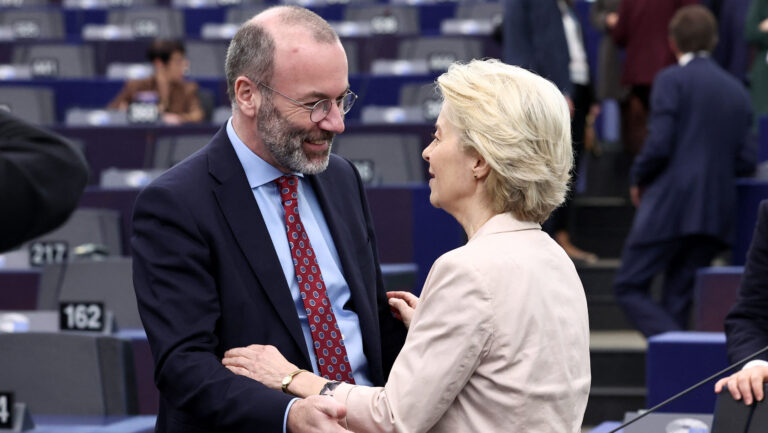While Amartya Sen’s famous capabilities approach is applied to studying human welfare and inequality in economics, the underlying concepts of the model can be used to understand where Russia went wrong in its foreign policy after the dissolution of the USSR. In simple terms, in Sen’s conceptualisation of the capabilities approach, ‘functionings’ represent achievements, while ‘capabilities’ stand for the opportunity to choose between alternative ‘functionings’. In Sen’s approach people start with some resources and based on one’s own psychological preferences and social environment they develop a ‘capabilities set’ that denotes the functionings that are available for the person to choose from. From the ‘capabilities set’ people can freely select those functionings that they value the most. For instance, having a good financial background (resources) allows a person to choose between having a child, adopting a child, or not having a child (these three options make up the person’s capabilities set). Whichever option the person choses to realise, is this individual’s voluntarily selected functioning.
Empires such as the Soviet Union have had a vast stock of resources
Now, with a little twist, apply this theory not to humans, but to empires. Empires such as the Soviet Union have had a vast stock of resources. Given its preference for control it used its resources to develop a ‘capabilites set’ capable of repressing other countries. The functionings that make up this ‘capabilities set’ include maintaining a giant military, sustaining a massive intelligence service, or deploying its nuclear arsenal against its enemies. From this ‘capabilities set’ the USSR chose to capitalise on its military and on its intelligence services but abstained from turning its nuclear capability into a functioning, or in other words, the USSR abstained from using nuclear weapons. I argue that Russia committed a mistake when—after the collapse of the USSR—it did not revise its ‘capabilities set’ as it should have.
After the dissolution of the Soviet Union, Russia was left with considerably fewer resources to develop its ‘capabilities set’ (let’s assume that Russia’s appetite for ‘controlling’ other countries is no different from that of the USSR). Keeping Moscow’s preference for control intact, given that after 1991 Russia had fewer resources to build a ‘capabilities set’, Moscow should have included functionings in its ‘capabilities set’ that are different from the ones the USSR had developed. While the USSR’s functionings of controlling countries was a giant military and a massive intelligence service, with fewer resources at its disposal, Russia should have developed a ‘capabilities set’ of other means of control—for instance, cultural and ideological control. However, I believe Russia’s leaders were simply unwilling to admit that after the collapse of the USSR it was not anymore within the country’s means to maintain a ‘capabilities set’ consisting of an expensive military and intelligence services. Since Russia never admitted to its loss of resources, it kept building its aspirations on the basis of the same functionings the Soviet Union had, instead of developing new functionings, or in other words, new means of control.
Consider this example: with the collapse of the USSR, Russia lost considerable resources to maintain a powerful military. As Moscow lost millions of citizens, sources of income and material resources, the reliance on military as a function to control other countries should have been deprioritised and new, more realistically attainable functionings should have been developed. Despite the loss of capabilities, however, Russia kept developing its military, pretending that it can maintain a similar military that it used to have with more resources during Soviet times. A more reasonable approach, however, would have been to develop a set of new functionings. A new functioning, for instance, could have been developing a way to exercise a greater cultural or ideological influence over post-Soviet states.
Russia could have chosen a different path to keep Ukraine in its sphere of influence
Take the example of Ukraine, for one. Russia chose to try and exercise control over Ukraine through military means (despite the loss of its resources), whereas, given the extensive linguistic and cultural connections between the two nations, Russia could have chosen a different path to keep Ukraine in its sphere of influence. For instance, Moscow could have tried to ‘control’ Ukraine culturally and financially. Before 2014, Ukraine was deeply divided over its relationship with Russia—while Eastern Ukraine wanted to maintain close relations with Moscow, Western Ukraine looked towards the West. When Russia used its military to intervene in Ukraine, however, things changed, Ukraine became more united in opposing Moscow. By starting a war Russia might have gained total control over some Ukrainian regions (that are occupied), but it lost all of its influence over other parts of Ukraine. By contrast, if Russia had not used its military against Ukraine, Moscow could still have a cultural or ideological influence over the whole of Ukraine just as before 2014. But because Russia did not develop a new functioning (cultural, ideological or linguistic control) and pretended to have the same capabilities (to e.g., maintain a powerful military) as before, Russia did not attempt to exercise control over Ukraine through culture, but tried to use its military power instead—which appears to have been a mistake.
Note, however, that free will and the ability to choose is also key to Amartya Sen’s capabilities approach. Russia had an option to choose between two functionings—one, develop its military (disregarding its loss of resources) and two, develop a ‘cultural control’. Russia chose the former. One might argue that this is the reason why Russia is responsible for the war—Moscow could have chosen to counteract NATO’s or America’s luring of Kyiv to their sphere of interest by offering a valuable cultural alternative to belong to in the Russian sphere of influence. But instead of developing a tempting cultural functioning, Russia voluntarily opted for pushing its military functioning, which eventually led to war. Since this was a choice Moscow made, it is, fundamentally, responsible for the war.








